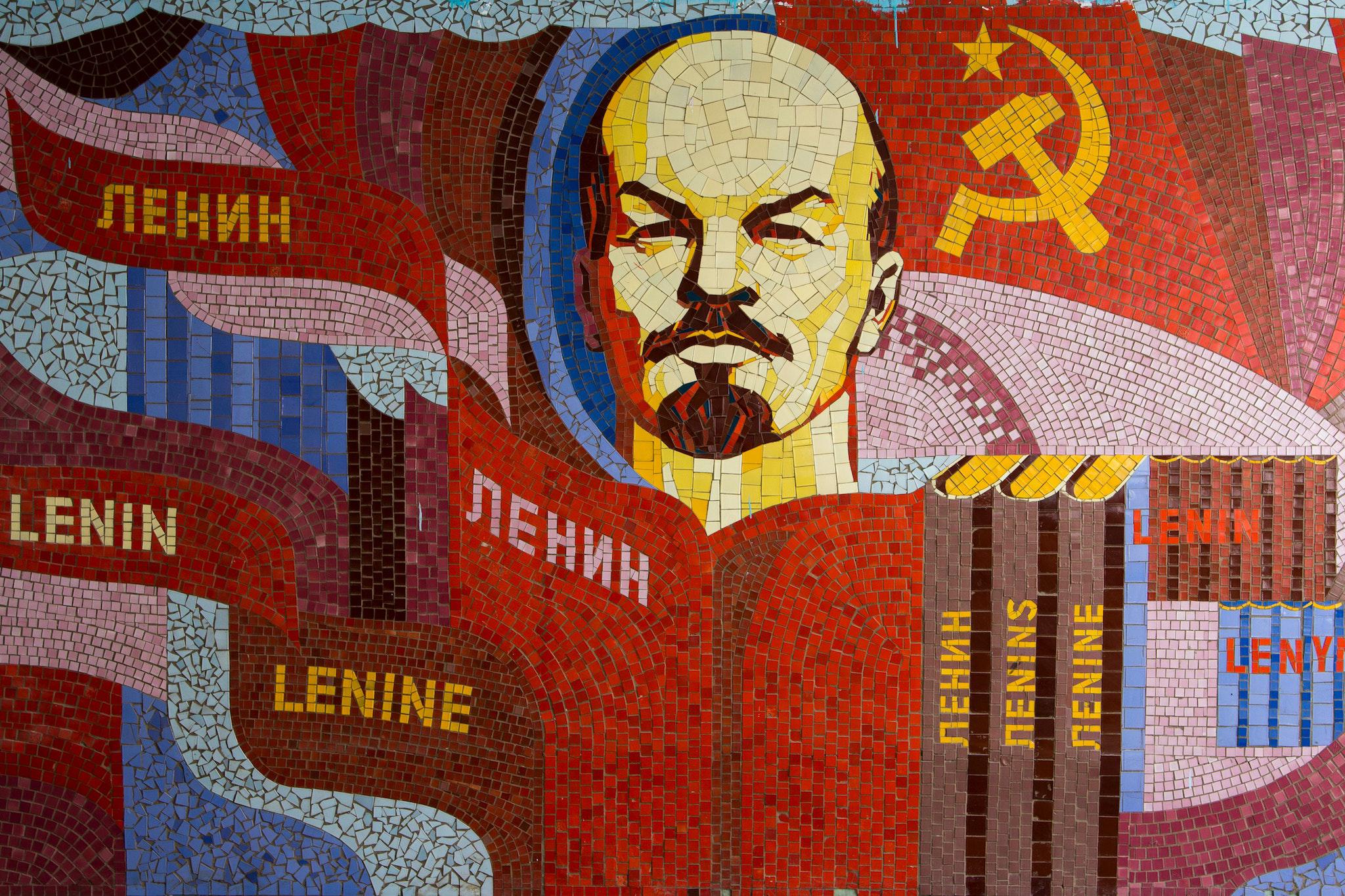The Best Essays on Politics 2009, Part III—International Issues

As the new year begins, I want to pass along the final part of my personal list of the most interesting essays on political issues from 2009. My selections are partly inspired by David Brooks’ excellent SidneyAwards. Parts one and two of my selections are here and here. Today I want to look at a some of the best essays on international politics.
It would be hard to leave New York Times’ reporter David Rohde’s five-part series “Held by the Taliban” (The New York Times, October 17) off any list of the year’s best essays. Rohde’s harrowing account of being captured and held by the Taliban for more than 7 months is not only impossible to put down, but also offers a rare window into the fundamentalist quasi-state that operates within the Tribal Areas of Pakistan.
When I told them I was an innocent civilian who should be released, they responded that the United States had held and tortured Muslims in secret detention centers for years. Commanders said they themselves had been imprisoned, their families ignorant of their fate. Why, they asked, should they treat me differently?
Other accusations were paranoid and delusional. Seven years after 9/11, they continued to insist that the attacks were hatched by American and Israeli intelligence agencies to create a pretext for the United States to enslave the Muslim world. They said the United States was forcibly converting vast numbers of Muslims to Christianity. American and NATO soldiers, they believed, were making Afghan women work as prostitutes on military bases.
In “The Women’s Crusade” (The New York Times, August 17), an essay adapted from their book Half the Sky, Nicholas Kristof and Sheryl WuDunn make a case—on both moral and economic grounds—for the importance of helping women thrive throughout the developing world. As Nobel-Prize-winning economist Amartya Sen observed, there are many fewer woman than you would expect—at least on the basis of their typical life expectancy elsewhere—in places where they have substantially lower status than men, to the extent that more than 100 million women may in effect be “missing” around the world. Kristof and WuDunn argue that not only is this evidence of a crime of unimaginable proportions, but also that the woman who don’t receive proper health care or education represent a tremendous untapped resource in the developing world.
Girls vanish partly because they don’t get the same health care and food as boys. In India, for example, girls are less likely to be vaccinated than boys and are taken to the hospital only when they are sicker. A result is that girls in India from 1 to 5 years of age are 50 percent more likely to die than boys their age. In addition, ultrasound machines have allowed a pregnant woman to find out the sex of her fetus — and then get an abortion if it is female.
The global statistics on the abuse of girls are numbing. It appears that more girls and women are now missing from the planet, precisely because they are female, than men were killed on the battlefield in all the wars of the 20th century. The number of victims of this routine “gendercide” far exceeds the number of people who were slaughtered in all the genocides of the 20th century.
In “Capital Gains” (Granta, Summer), Rana Dasgupta describes how India’s old urban, anglophile elite has been replaced by a new class of super-rich entrepreneurs motivated primarily by wealth and status, who are largely above the law.
Where possible, the new Indian elite runs private companies that have no shareholders and no scrutiny—and often it conducts its ground-level operations through a myriad of other companies whose ownership is deliberately obscure. It amasses invisible fortunes and pays very little tax. It does not like to seek funds from public sources; instead it forms alliances with other secretive and cash-rich elites, such as the Russian billionaires. It keeps such a low profile that some of its richest and most enterprising individuals have no entries on Google. It operates behind high walls; it is energized, rather than outraged, by the immense disparities in the world, and it is pretty much indifferent to public outcry or media exposé: you can think whatever you like, there is no dialogue.
In “Is There Such a Thing as Agro-Imperialism” (The New York Times, November 22), Andrew Rice describes how rich countries are buying up and land for agriculture in Africa in anticipation of a world food crisis. But while the investment is helping African nations develop their land, they may not see much of the benefit from it—or get to eat much of the food grown on that land.
The hyperinflationary spiral that caused the world food crisis had multiple causes. The harvests in 2006 and 2007 were the worst of the decade, hedge funds and other players in the commodities markets appear to have driven up prices and government subsidies for biofuels encouraged farmers to grow crops that ended up as ethanol. But the environment and demography are more lasting issues, and experts predict that prices, which have declined since their peak, are likely to stabilize significantly above precrisis levels. This represents a danger to the developing world, where the poor spend between 50 and 80 percent of their income on food, but it may also present an opportunity.
In “Tycoon, Contractor, Soldier, Spy” (Vanity Fair, December), Adam Ciralsky profiles Blackwater founder Erik Prince, a former Navy SEAL who was secretly running logistics for CIA hit squads on the side. After classified details of Prince’s involvement in the program leaked to the press in August—a leak which he says was worse than what happened to Valerie Plame, but which attracted much less attention—he says he’s through with covert operations and plans instead to teach high school history.
Erik Prince can be a difficult man to wrap your mind around—an amalgam of contradictory caricatures. He has been branded a “Christian supremacist” who sanctions the murder of Iraqi civilians, yet he has built mosques at his overseas bases and supports a Muslim orphanage in Afghanistan. He and his family have long backed conservative causes, funded right-wing political candidates, and befriended evangelicals, but he calls himself a libertarian and is a practicing Roman Catholic. Sometimes considered arrogant and reclusive—Howard Hughes without the O.C.D.—he nonetheless enters competitions that combine mountain-biking, beach running, ocean kayaking, and rappelling.
In “The Battle for Tora Bora” (The New Republic, December 22), Peter Bergen carefully reconstructs Osama bin Laden’s escape into Pakistan during the fighting at Tora Bora. He blames our failure to capture bin Laden when we had him pinned down on a reluctance to commit ground troops—perhaps out of philosophical commitment to having a “light footprint,” perhaps because by that time our resources were focused on developing an invasion plan for Iraq, or perhaps simply out of fear of the bad press that would come with American casualties.
Brigadier General James Mattis, the commander of the Marines in the Afghan theater, reportedly asked to send his men into Tora Bora, but his request was turned down. In the end, there were more journalists—about 100, according to Nic Robertson of CNN and Susan Glasser of The Washington Post, who both covered the battle—in and around Tora Bora than there were Western soldiers.





